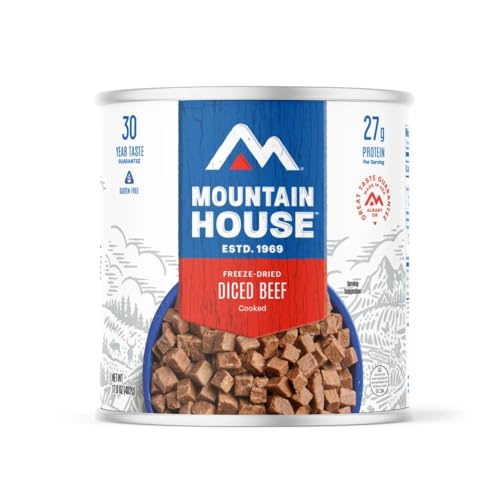I used to run a small fleet of dually trucks and box vans. I used the BF Goodrich Commercial TA with excellent results. They are durable, tough and give a relatively quiet ride.
On my personal trucks these days, I use the Michelin LT.
Michelin has always made outstanding tires. For years now, Michelin has owned BF Goodrich, and there has been a lot of technology transfer between the two companies. Knowing that, I tried the BFG Commercial TA's and was not disappointed.
These are the only two tires I'd consider for a van or truck.
There are Michelins on my school bus as well. They are way out of date and I wouldn't drive across the state on them, much less across the country. However, they show NO cracks at all (thanks in part to being an excellent tire, and in part to being parked in a friend's hangar for the last few years). I did just drive the bus 70 miles from the hangar to where it's now parked, in order to start working on it. It was a hot day, and I was a little concerned. I actually stopped just before I got on the Interstate to check them with an infrared thermometer, and was pleased at how cool they were. The bus will do 70, but I stayed in the right lane and only went 55. I checked the tires again when I arrived. The temps were still fine, and no cracks appeared during the trip!
There will be brand new Michelins on it when it hits the road.
Everyone should know how to read the DOT date code on tires. Since the year 2000, it will be a 4 digit code. (If your tires have an older3 digit code, replace them NOW!!!) The code on my bus tires is 3706, meaning they were made in the 37th week of 2006. According to the industry, you should not be running on tires more than 6 years old. (As I said, they are way out of date!)
Despite my recent informed/calculated/cautious trip, I agree. A blowout can kill you. If there had been any sign of fatigue in the tire carcasses, I would have tracked down a current-date set of worn-out tires to make the trip. It's not the tread depth that matters, it's whether or not the carcass is losing integrity.
Tire rubber hardens as it ages, even if it isn't driven much. (This is cross-linking, just like happens with your skin as you age.) Hard rubber generates more heat as the tires rotate, which in turn acts harshly on the stiffer tire carcass. Heat + inflexibility = failure. If you're operating a commercial vehicle, the DOT can impound your vehicle for out of date tires, and hold you until you have current-date tires installed.
Tires matter. They can be a life or death decision. Hope this gives everyone some perspective...
































































